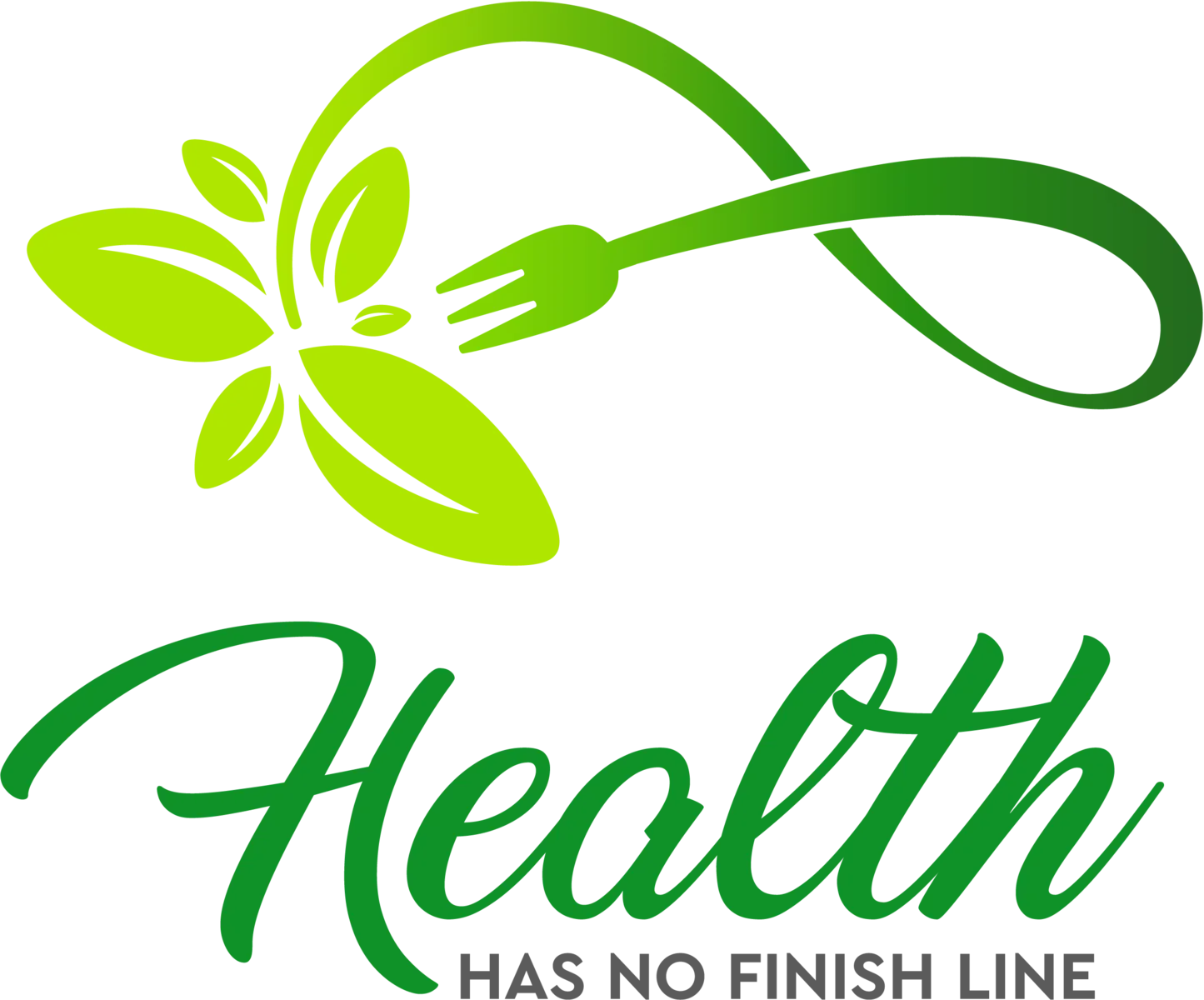Board-Certified General Pediatrician
I am a Board Certified Pediatrician with 15 years of experience providing compassionate care for children and their families. With over a decade of working in the outpatient setting, I’ve cared for siblings, cousins, friends of the family and now even grandchildren! I believe optimum health is achieved by caring for the mind, body, and soul - and this is how I approach guiding my families to best care for themselves.
Helpful Baby Tips for New Moms
Rectal Thermometer
In children younger than 3 years, rectal thermometers are the ideal way to take a temperature. A reading of 100.4 F or higher is considered a fever, and you should contact your pediatrician or take your baby to the emergency room.
Probiotics
Probiotics may help reduce colic symptoms in infants, and regulate the digestive and immune systems in kids, making them especially helpful when dealing with diarrhea caused by infection or antibiotic use. However, there are some children who should not take them secondary to underlying conditions, so discuss this with your child's pediatrician before starting probiotics.
Sunscreen
In children younger than 6 months, sunscreen application is not typically recommended because their skin is extra sensitive and there is a risk of a rash occurring. But if adequate shade and clothing to cover the baby's skin is not possible, use a physical blocker/mineral sunscreen that contains Zinc Oxide or Titanium Dioxide.
Flax Seed
If your child is a picky eater and has constipation, try adding ground flax seed meal to their foods. Flax seed is a plant based source of fiber AND Omega-3 Fatty Acids, so it’s great for their brain development as well!
Infants (6 months - 1 year old)- 1/2 teaspoon per day
Toddlers - 2 tablespoons per day
Kids 4 and up - 4 tablespoons per day
Hydration
Staying hydrated is important for children of all age groups - but if your child is younger than 6 months old, breast milk and/or formula will hydrate them enough. Giving a baby younger than 6 months old water can drive down their body’s sodium levels, which could be a medical emergency.
Milk Substitute
If your toddler doesn’t drink traditional cow’s milk - don’t fret. While it is an easy source of fat, protein, calcium and vitamin D, you can easily feed your child substitutes from fresh food sources as well. If you are using pre-packaged milk substitutes, make sure you read the nutritional ingredients.

